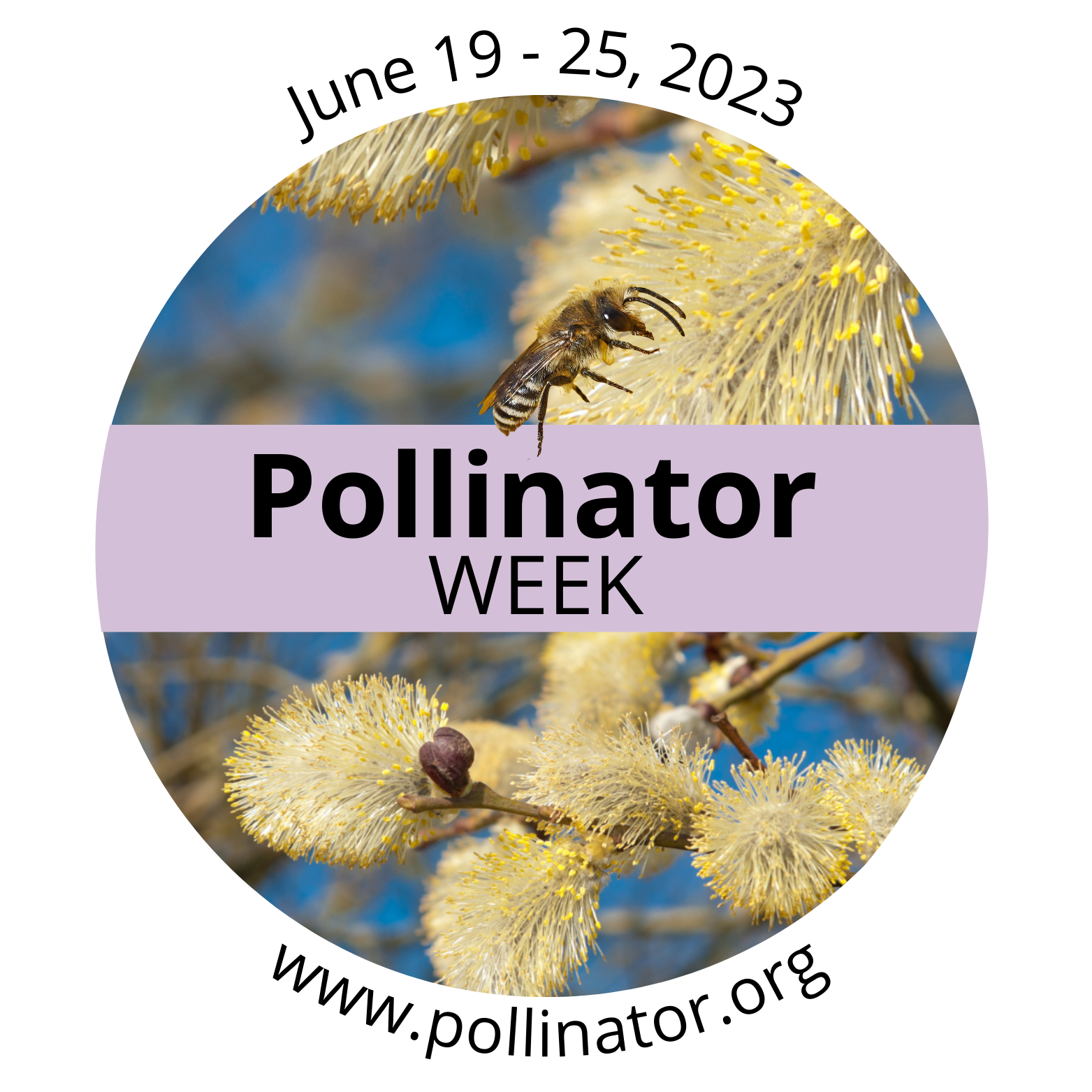Pollinator Week 2023 - Pollinators and Climate Change
National Pollinator Week is an annual event celebrated internationally in support of pollinator health. It's a time to celebrate pollinators and spread the word about what we can do to protect them.

Pollinators play a vital role in our ecosystems, contributing to the reproduction of flowering plants and the production of fruits and seeds. However, in recent years, pollinators have faced numerous challenges, including habitat loss, pesticide use, climate change, and disease. Recognizing the significance of these tiny creatures, Pollinator Week was established to raise awareness and foster action to protect and conserve pollinator populations.
Understanding the Importance of Pollinators
Pollinators, such as bees, butterflies, hummingbirds, and bats, facilitate the transfer of pollen from the male part of a flower to the female part, enabling fertilization and the production of seeds and fruits. This process is crucial for the reproduction of over 85% of the world's flowering plants, including many crops that provide us with food, fiber, and medicines. Without pollinators, our ecosystems would suffer, and our food systems would be severely impacted.
Pollinator Week: A Global Celebration
Pollinator Week, established by the Pollinator Partnership, takes place every year during the last full week of June. It serves as a global celebration of pollinators and aims to promote their conservation, as well as educate people about their importance. Pollinator Week 2023 promises to be a remarkable event, bringing together individuals, organizations, and communities worldwide to take action and protect these invaluable creatures.
Initiatives and Activities for Pollinator Week 2023
- Educational Workshops and Webinars: Throughout Pollinator Week, various workshops and webinars will be conducted to educate people about pollinators and their conservation. These events will cover topics such as creating pollinator-friendly gardens, beekeeping basics, and the role of pollinators in sustaining biodiversity.
- Community Planting Events: Many organizations will organize community planting events during Pollinator Week, encouraging individuals to create pollinator-friendly habitats in their own backyards, schools, and public spaces. Planting native flowering plants, providing water sources, and minimizing pesticide use are just a few ways to support pollinators.
- Citizen Science Projects: Citizen science initiatives will be launched during Pollinator Week, inviting individuals to contribute valuable data about pollinator populations. People can participate in activities like butterfly and bee counts, helping researchers monitor population trends and identify areas in need of conservation efforts.
- Advocacy and Policy Efforts: Pollinator Week provides an opportunity for advocates to push for policies that protect pollinators. Events such as lobbying days, public hearings, and letter-writing campaigns will be organized to raise awareness among policymakers and encourage them to take action.
- Art Exhibitions and Contests: Art has the power to inspire and raise awareness. Pollinator-themed art exhibitions and contests will be held to engage the creative community and foster a deeper appreciation for pollinators' beauty and significance.

Pollinator Week is a time to recognize the critical role of pollinators and the challenges they face. By participating in events, educational programs, and conservation initiatives during this week, individuals and communities can make a positive impact on pollinator populations. Whether it's planting a pollinator garden, engaging in citizen science, or advocating for protective policies, every action counts. Let us come together to celebrate Pollinator Week and work towards safeguarding these incredible creatures that contribute so much to our planet's biodiversity and food security.
